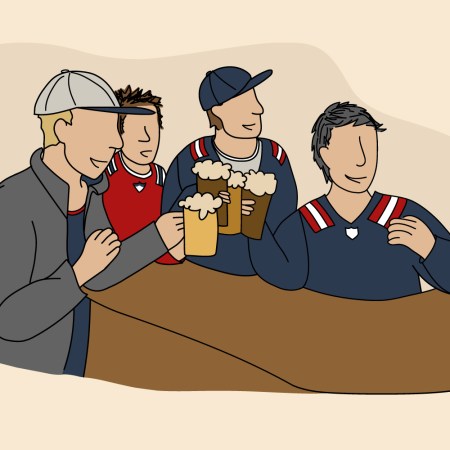There is a biological reason for feeling revulsion towards rats, roaches, refuse and other similarly dirt things, according to a new study.
That overpowering feeling of disgust that human beings feel is actually a defense mechanism with six basic triggers that inspire distancing from the sources of potential disease and infection, according to a study published Sunday in the British journal Philosophical Transactions of the Royal Society.
“Disgust evolved to protect us from disease in our ancient past. The disgust response today may, or may not, be a good guide to what might make us sick today,” Val Curtis, lead author of the study and a professor at the London School of Hygiene & Tropical Medicine., told CNN.
Thanks for reading InsideHook. Sign up for our daily newsletter and be in the know.


















